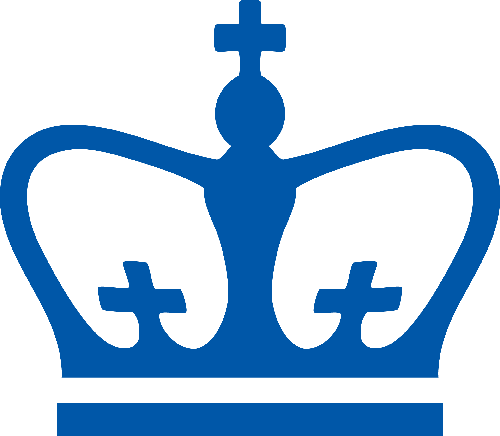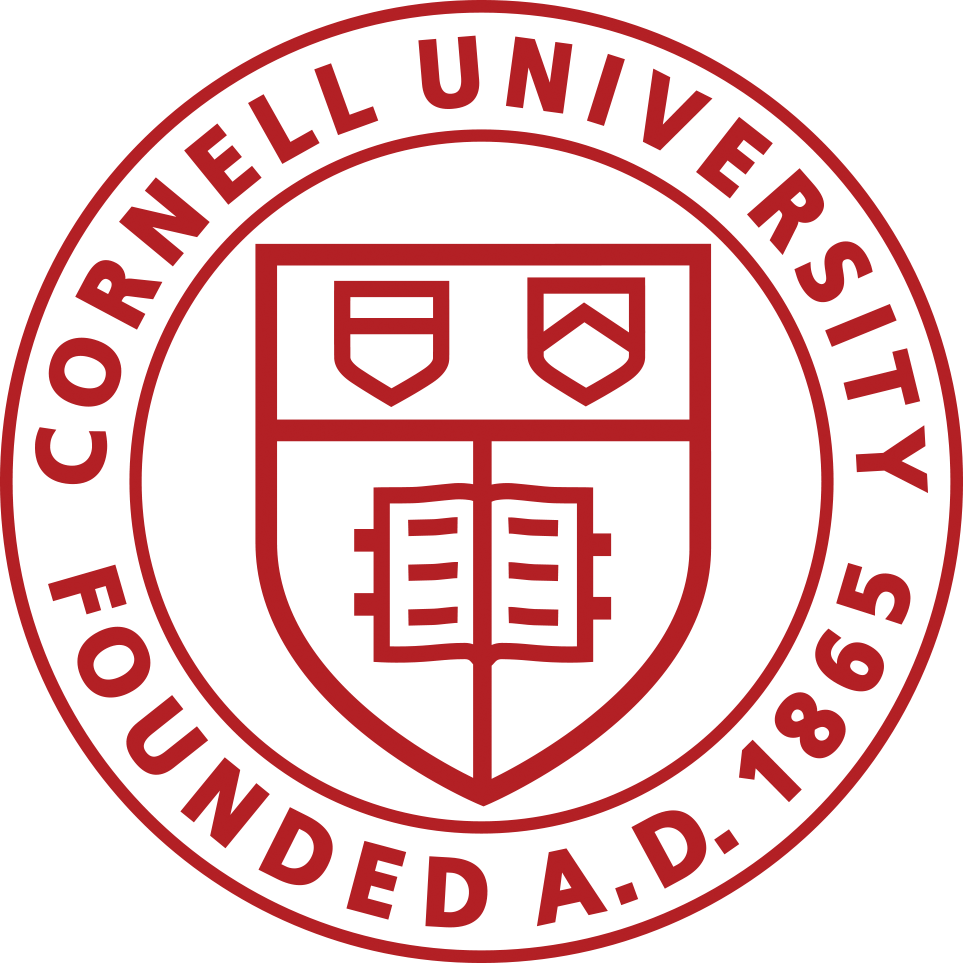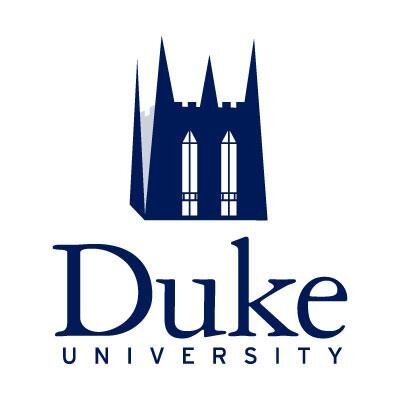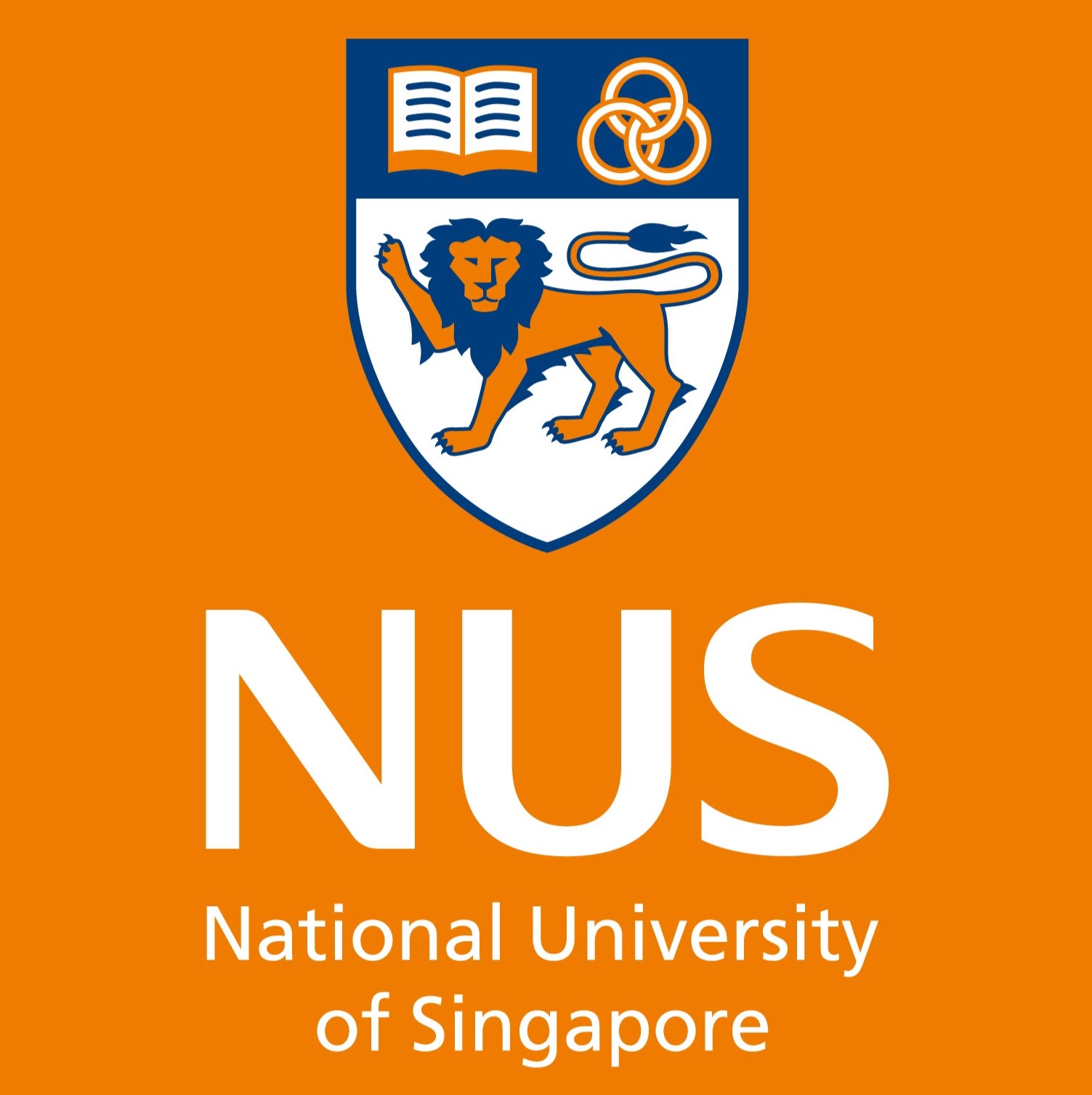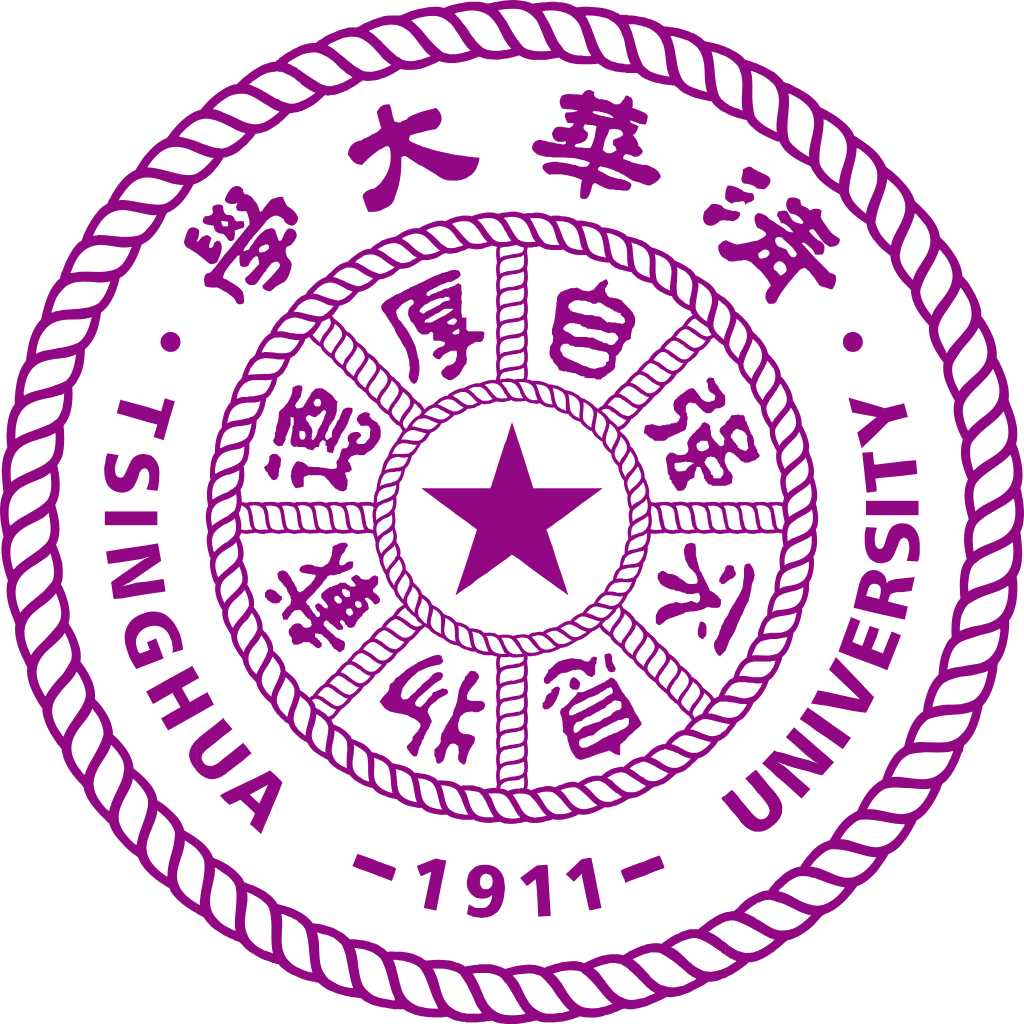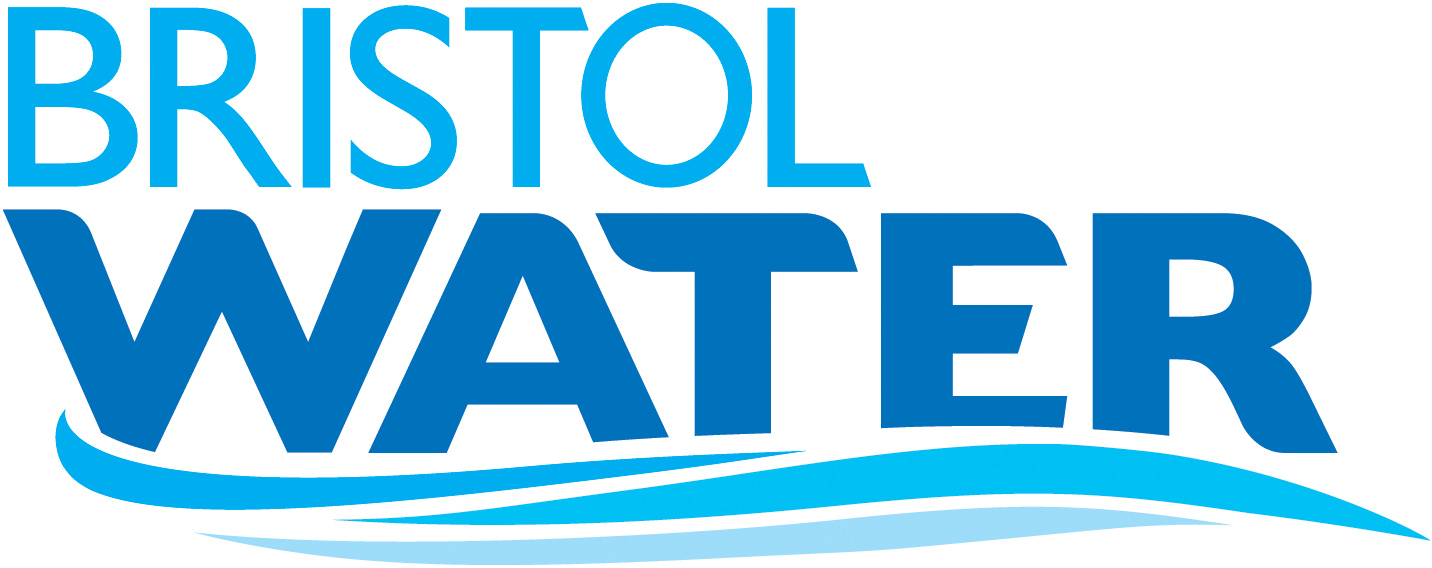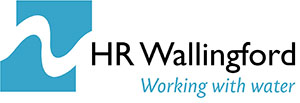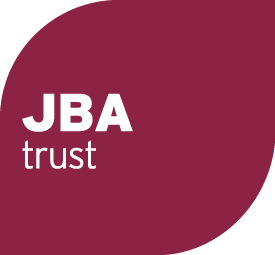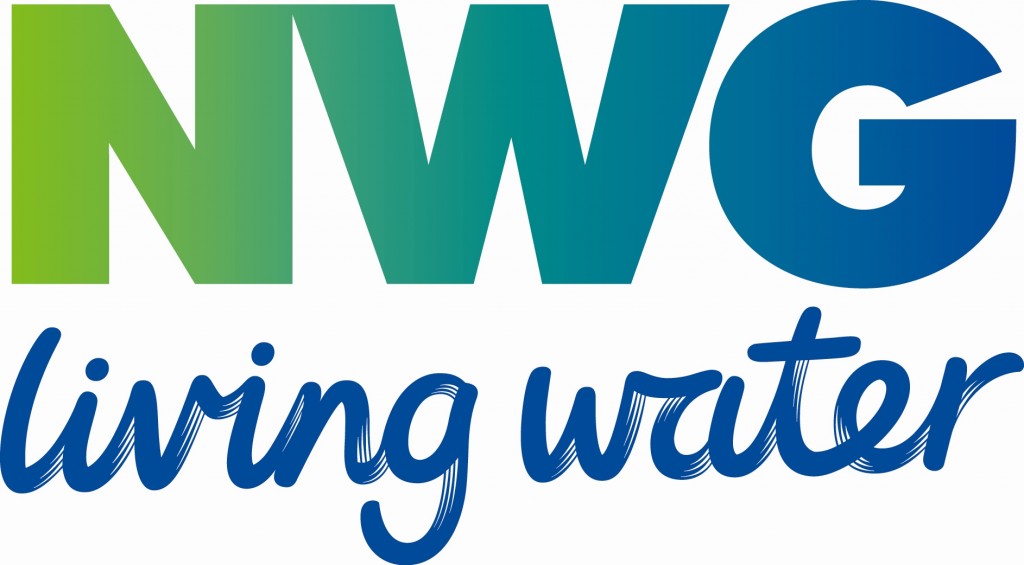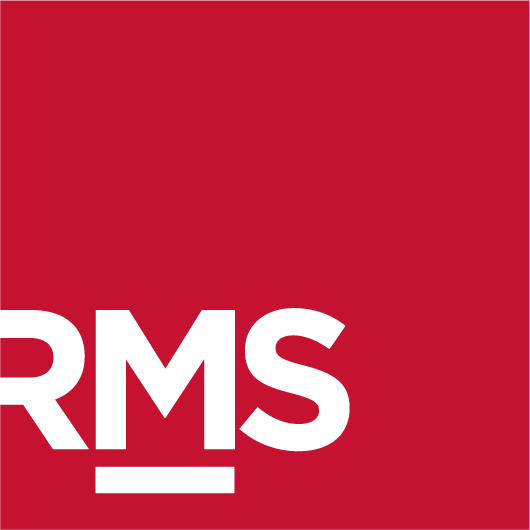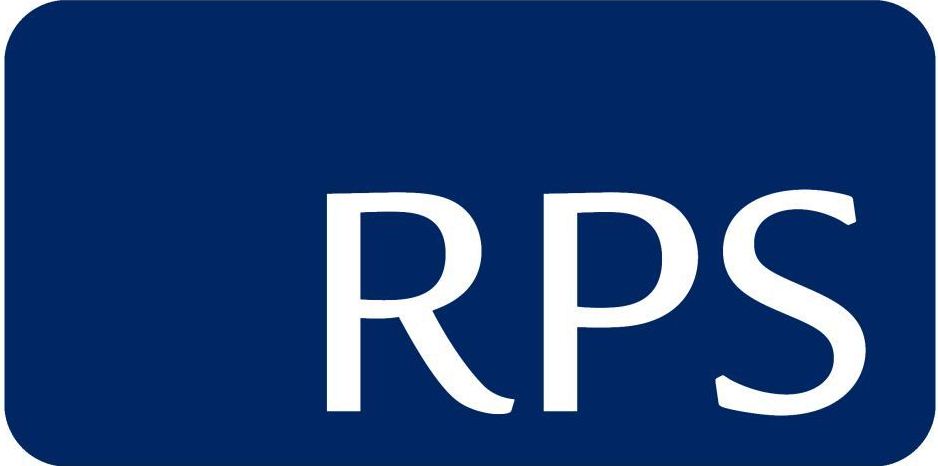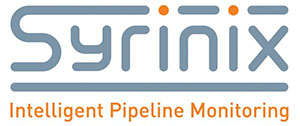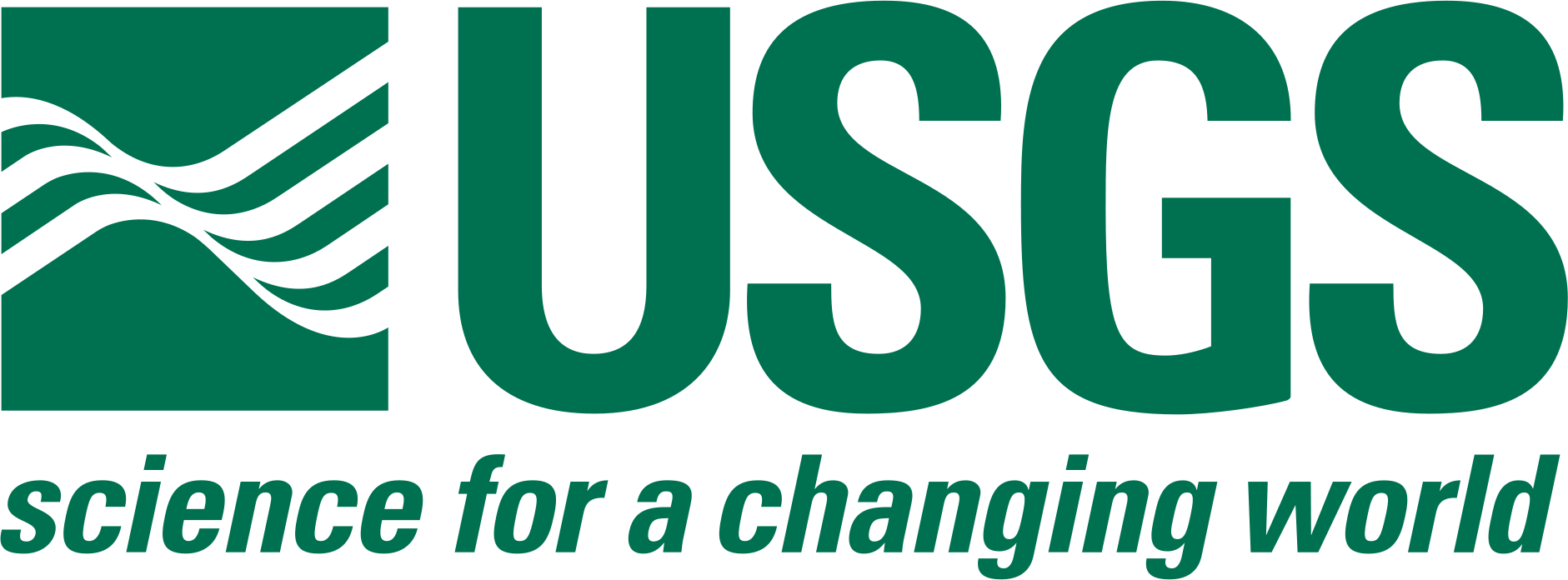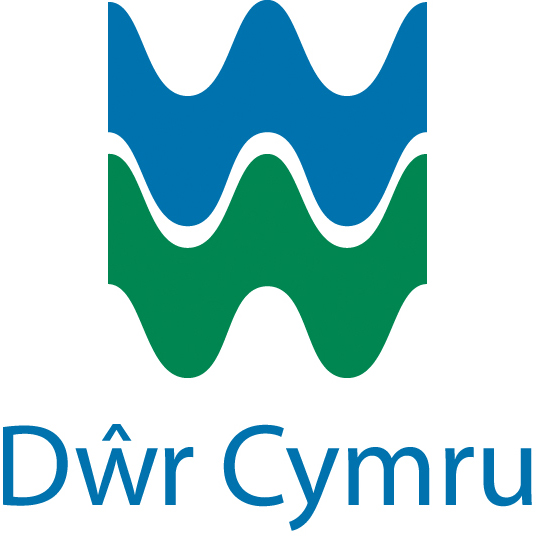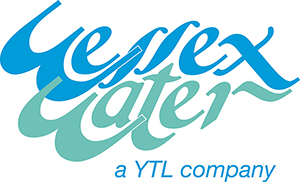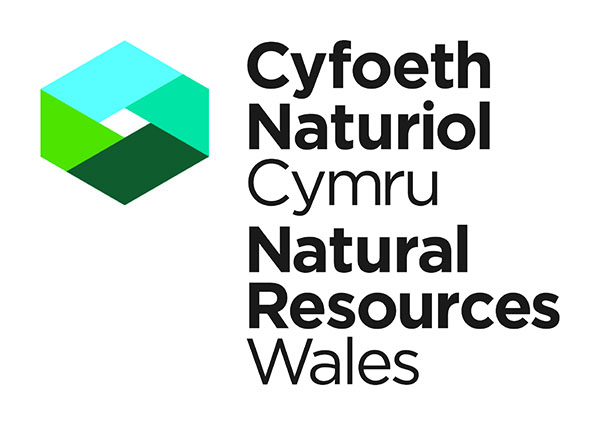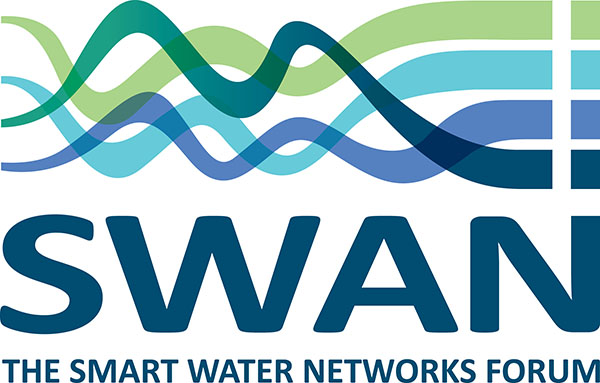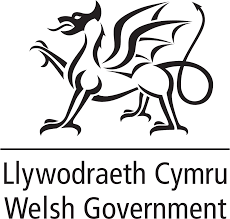Partners
Partnerships with WISE CDT
The WISE CDT is a leading international Centre for Doctoral Training, investigating topics at the interface of Water Engineering, Environmental Science and Informatics technology. Over 80 funded PhD students develop their own research ideas in conjunction with internationally-renowned academics from four world-leading UK institutions, and in collaboration with industrial partners. Could your organisation benefit from sponsoring a WISE CDT Studentship?
Companies provide a small contribution to funding a studentship. In return, an agile mind of a WISE CDT student will help resolve your company’s problems. They are supervised by world-leading experts from the four universities that make up the WISE CDT. It’s a very cost-effective way to access expertise, as well as the latest software used to support the student’s work.
Benefits for WISE CDT Industrial Partners:
- Bespoke research for your company
- Solve engineering problems for your organisation, with a contribution of government funding from the EPSRC
- Attending workshops, seminars and conferences;
- Accessing research resources including journal papers and other publications, along with state of the art methodologies, software code and tools related to the PhD topics
- Often these projects lead to highly skilled recruitment opportunities for industrial partners.
- Defining a PhD project as a full or part sponsor of a PhD studentship.
Read our case studies below to learn how it works in practice:
Case Study: Bristol Water Studentship
Damian Staszek has an industry-sponsored place on the WISE CDT with Bristol Water having previously worked as an engineer. As a consequence, he spends a significant amount of time working onsite with Bristol Water. In his second year, Damian’s project is on ‘Optimisation of Supply Demand Balance Model under Uncertainty’. Damian explained his work “My work is involved with data delivery, completion and dissemination of data. I spend significant amount of time working with the consultants who deliver the data input for my model. The current progress of the model is shared with Bristol Water during frequent team meetings.”
In the last year Damian has spoken at two conferences – the First WIRC Water Science and Engineering in July at the University of Bath and at MaRIUS Drought Science and Management in September 2016 at the University of Oxford.
Case Study: Demand Forecasting with Wessex Water
Maria Xenochristou, supervised by Professors Kapelan and Keedwell, is working closely with Dr Chris Hutton from Wessex Water to develop improved demand forecasting methodology. Maria has used demand based data provided by the Wessex Water from smart meters collected at half-hourly intervals for the period of several years from over 5,000 properties across the South West of England. It is particularly useful as the demand corresponds with household characteristics (garden size, rateable value, and council tax band), socio-economic data (ACORN groups and types) and weather data acquired from the Met office (UK) and NOAA (National Oceanic and Atmospheric Administration – U.S. Department of Commerce). Maria is currently preparing a paper on a link between water demand and weather that will be presented at the CCWI conference in Sheffield in September 2017.
Case Study: Effective Blockage Management with Welsh Water
Sabrina Draude is working with Dr Emma Harris from Welsh Water who is co-sponsoring her studentship. The aim is to develop new cost-effective methodology for scheduling operational jetting of blockages, which will lead to reduction in blockage rates. The project will also improve the understanding of various factors impacting on blockage rates, including weather, customer behaviour and operational interventions undertaken and develop new methodology for cost-effective scheduling of these interventions. This work represents a continuation of collaboration with Welsh Water on blockage detection and management, which started in a recently completed 2-year Knowledge Transfer Partnership between the two institutions. As part of the project, Sabrina and Professor Kapelan visited Dr Harris and her team in January 2017. Sabrina gained valuable insight into the current blockage reduction strategy at Welsh Water.
Our current partners:
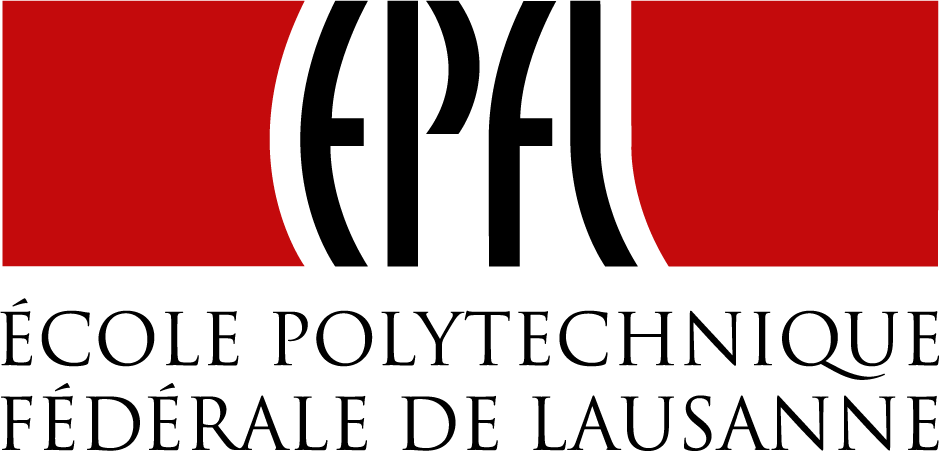
École Polytechnique Fédérale de Lausanne

EuroAquae
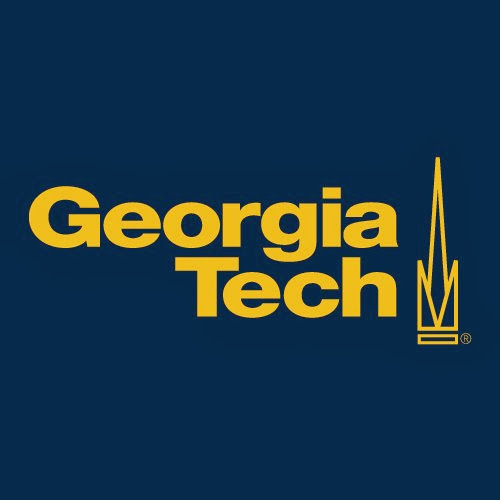
Georgia Institute of Technology

Massachusetts Institute of Technology



